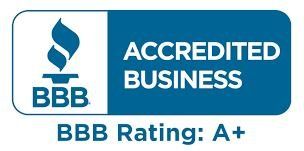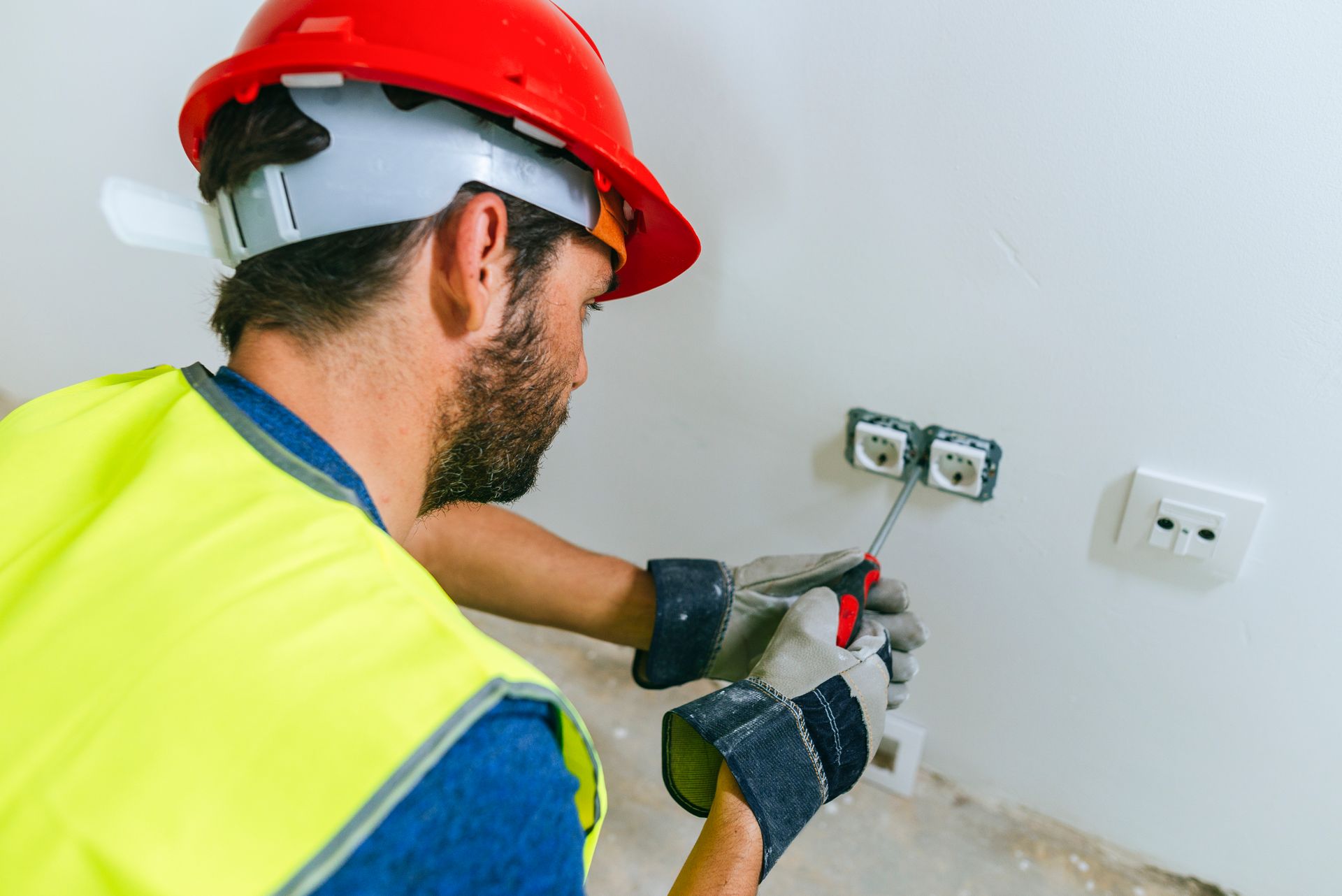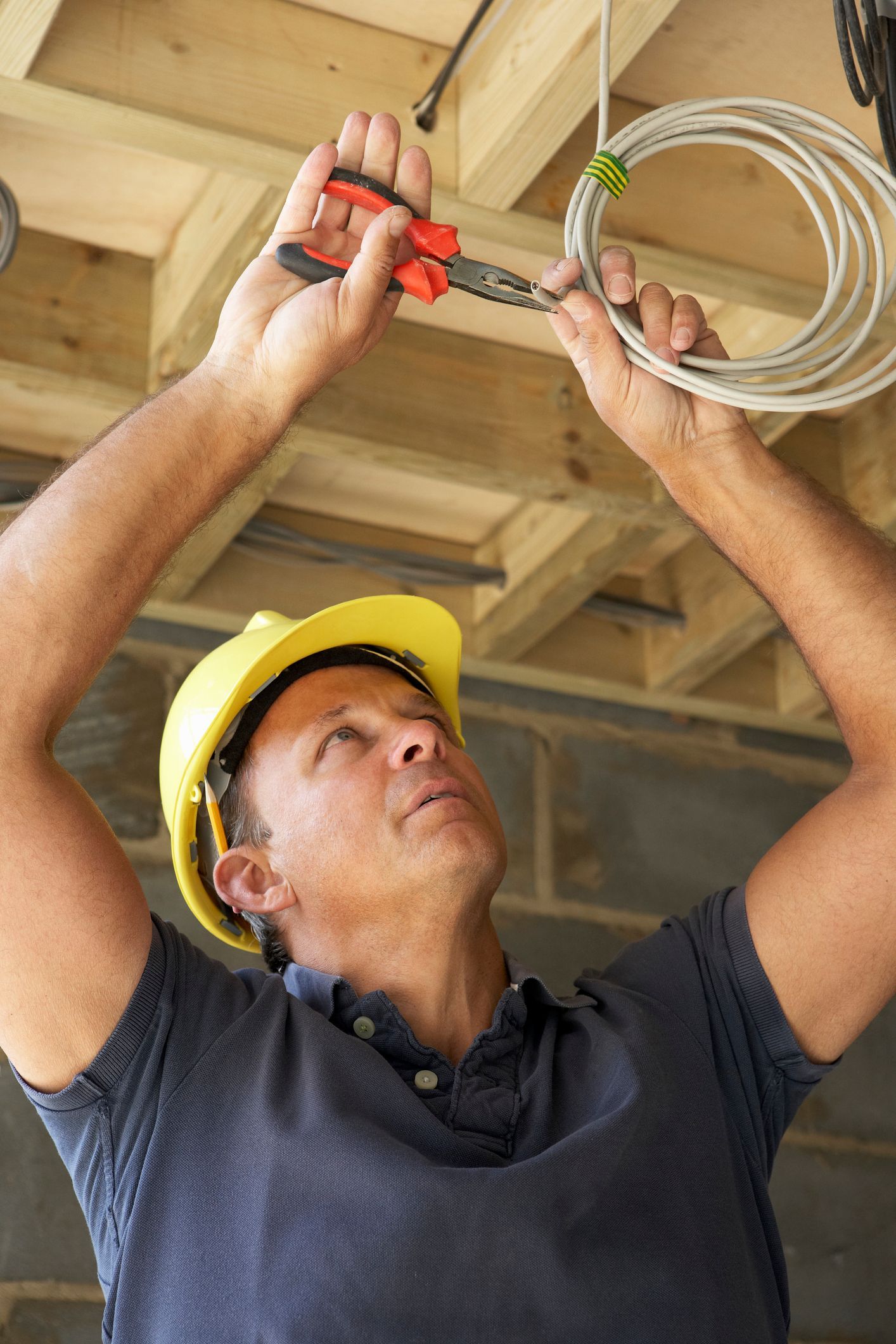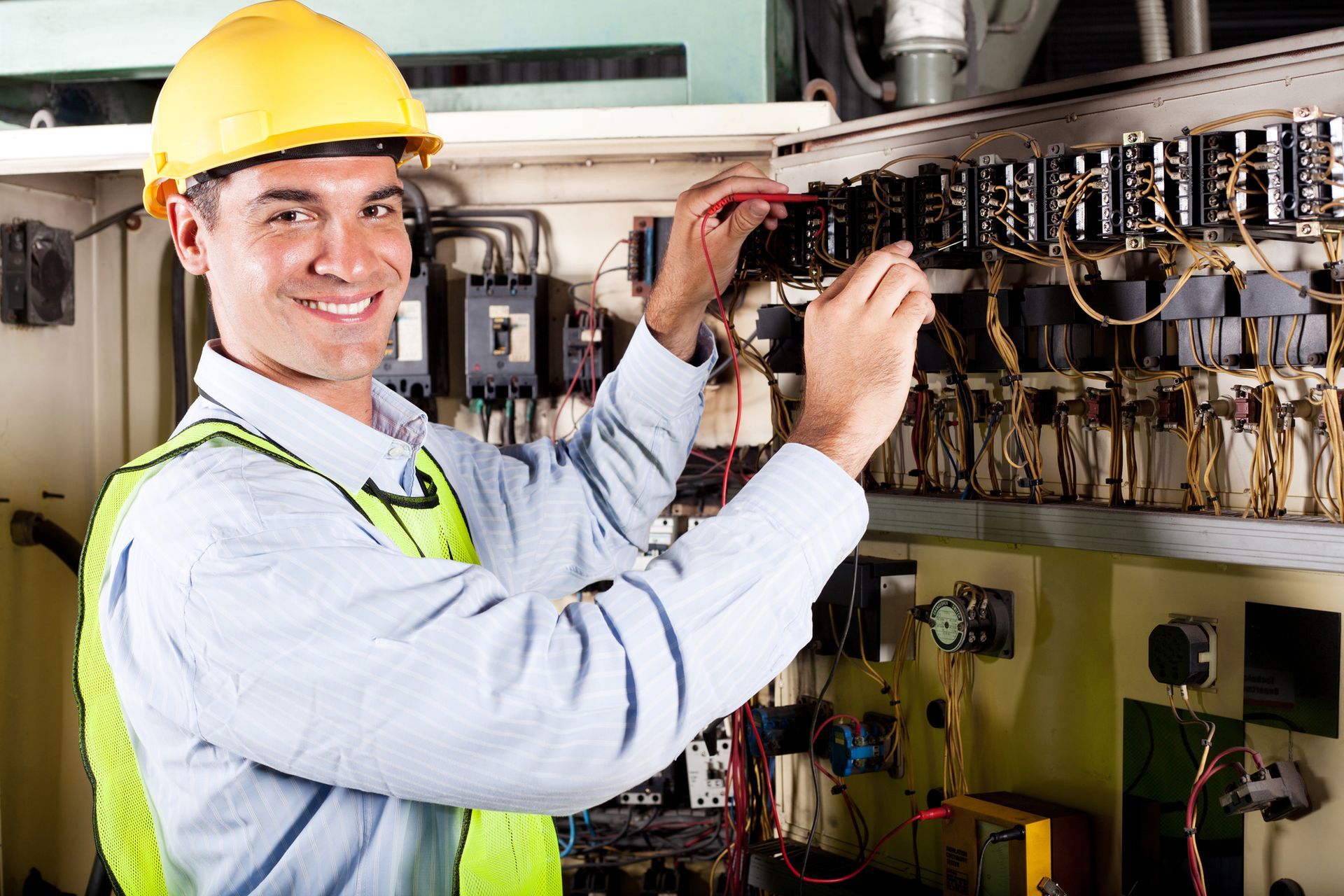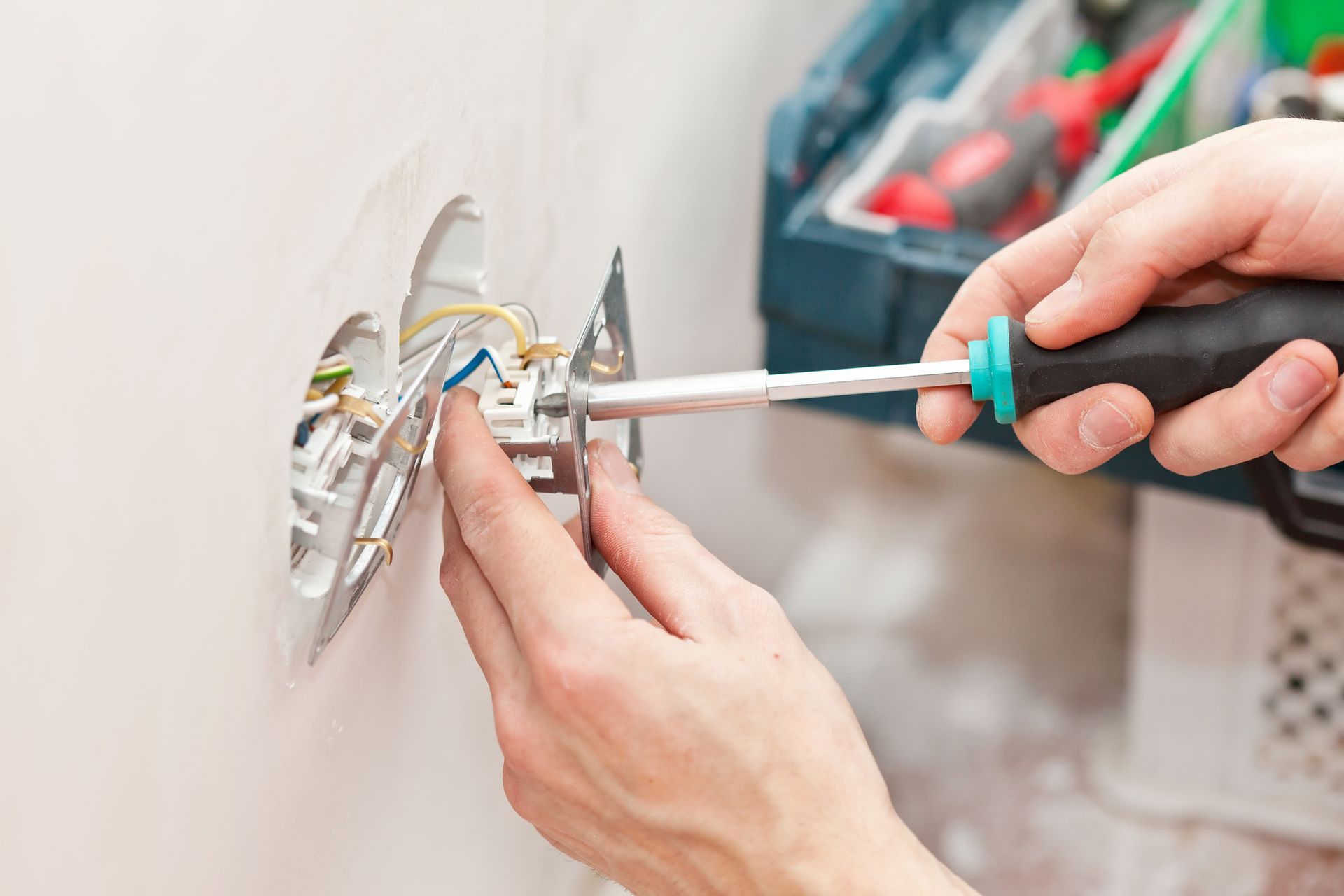Good Signs When Hiring an Electrical Contractor
According to the Electrical Safety Foundation International, about 51,000 home electrical fires occur yearly. As a result, almost 500 people die, and property damage worth over $1.3 billion occurs.
These statistics should be a cause of concern for any homeowner. Electrical safety should be a top priority when you carry out any electrical work in the home, whether it is a new installation or repair work.
The following are ways to tell that you’ve hired a trustworthy, reliable, and safe electrician.
Good Reviews
Before you hire a contractor, you want to be sure that they will do a good job. An excellent way to get an idea of what to expect is to read reviews from past customers.
Reviews tell you a lot about a contractor. You can find out if they were punctual and professional, and if they did a good job. If you see many negative reviews, it is best to steer clear of that contractor.
A few places you can look for electrical contractor reviews are Google, the Better Business Bureau, and Yelp. The best contractors have A+ ratings with the BBB and mostly positive reviews on Google and Yelp.
Proper License
A licensed contractor is up-to-date on the latest electrical codes and has the experience to carry out the work safely.
In Virginia, all contractors must have a license. The Department of Professional and Occupational Regulation (DPOR) oversees the licensing of electricians in the state.
Virginia has two types of electrician licenses: a journeyman license and a master electrician license.
A contractor with a journeyman license can work under the supervision of a master electrician. A contractor with a master electrician license can work independently.
For an individual to earn the journeyman license, they need at least four years of practical work and pass an exam after 240 hours of classroom training. For the master electrician license, they need at least one year of work as a licensed journeyman electrician.
Sufficient Insurance
Electrical work can be dangerous, and accidents can happen. If the contractor you want to hire does not have insurance, the liability falls on you if something goes wrong.
You should ask to see a copy of the contractor's insurance policy before you hire them. The policy should include general liability insurance and workers' compensation insurance.
The general liability insurance will protect you if the contractor damages your property. The workers' compensation insurance will cover the medical expenses for injuries the contractor might sustain while working on your property.
Also closely related to insurance is bonding. Bonding is insurance that assures you of repayment if the contractor defaults on the job.
In Virginia, all electrical contractors need bonding. In fact, the Contractor License Bond is part of the licensing process.
Lack of Online Presence
In today's day and age, almost all businesses have some online presence.
If the contractor does not have a website, that should be a red flag. At the very least, they should have a Google Business Profile.
A website and Google Business Profile show that the contractor is serious about their business. It also makes finding more information about the contractor and their services easier.
You can use the contractor's website to read customer reviews, learn more about their services, and get a better idea of what to expect.
The lack of an online presence is a warning sign that the contractor does not keep up with the times. An up-to-date website indicates passion and pride in the contractor’s business.
If you need a reliable electrical contractor in Richmond, VA, look no further than Beckstoffer-Welsh Inc. We offer commercial and residential services and are members of the BBB and the Central Virginia Electrical Contractors Association. Contact us today to book a service.

